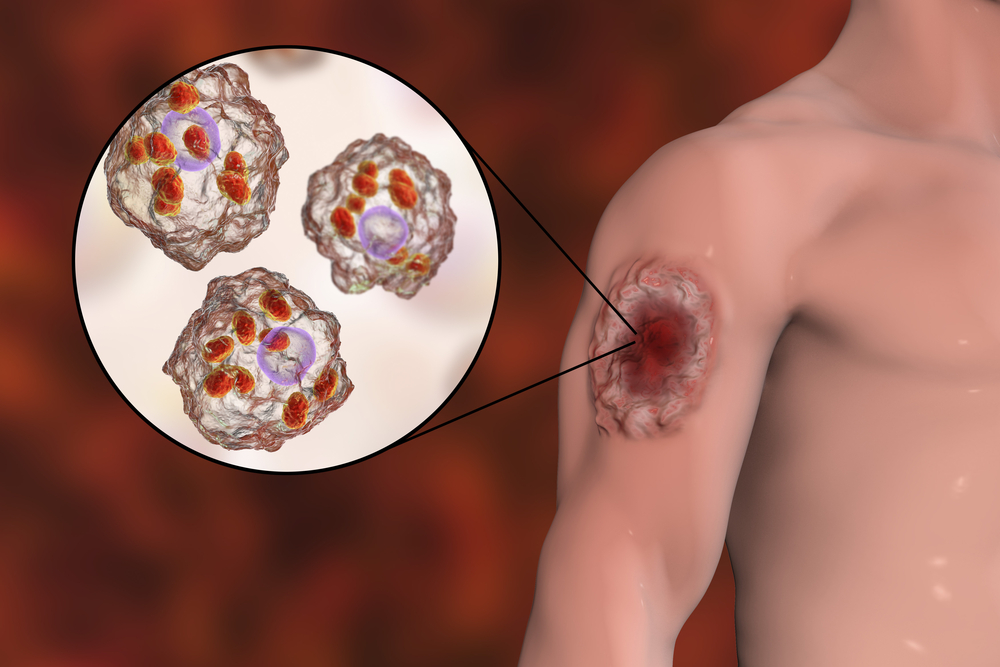
A new experimental vaccine immunized genetically-altered mice from the Leishmania parasite, according to a recent study conducted by researchers from the Georgia Institute of Technology (Georgia Tech).
With more than 30 different strains, Leishmania is classified at the world’s second-deadliest parasite by the World Health Organization. It is typically transmitted through the bite of a phlebotomine sand fly with outbreak regions coming as close as 300 miles from the United States southern international border.
“If you don’t treat it, within 20 to 40 days visceral leishmaniasis very often kills the victim,” Alexandre Marques, lead researcher of the new vaccine, said.
The researchers first began collecting sand flies in order to extract the parasites in a laboratory setting in order to conduct a mass spectrometry tests and study their molecular makeup. From there, they uncovered small details along the outer surface of Leishmania that provide a weak point for the immune system to exploit to its advantage.
The Georgia Tech-developed vaccine utilizes a fake virus as bait to trigger an immune response and exploit the weaknesses within the Leishmania parasite.
“In comparison to viruses and bacteria, these are much more complex organisms and more difficult to crack,” M.G. Finn, professor in Georgia Tech’s School of Biological Sciences, said.
The study was published in detail in a recent issue of the journal ACS Central Science.




